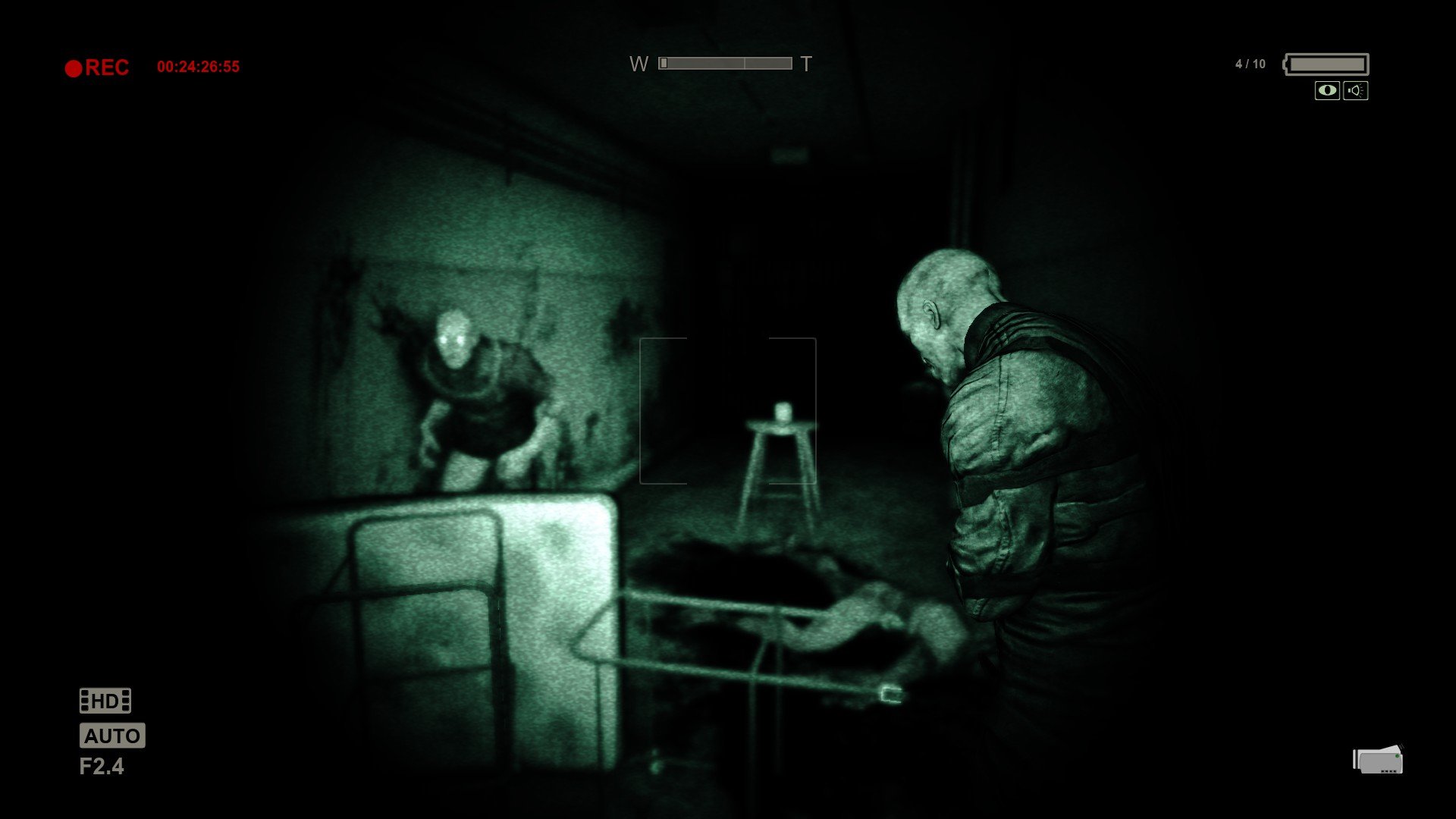BRIAN COYLE: STORYTELLING IN VIDEO GAMES
Brian Coyle took us for this week's class as our guest speaker. He spoke of the various types of narratives that are found in video games and the reasons why developers use each. He chronicled the history of the video game itself - relaying how meaningful stories began to form in video games. Brian detailed the concept of 'ludonarrative dissonance', a term describing the conflict between the narrative told through the story and the narrative told through the gameplay of a game. He used the game 'BioShock' as an example of this; the fact that the game's story promotes self-interest, while the gameplay preaches selflessness, thus breaking the player's immersion. He moved onto documenting the various kinds of narrative structure.
TYPES OF NARRATIVE:
- LINEAR NARRATIVE
Most typical kind of narrative found in video games. These are the classic beginning, middle and end structures that are found in most games. Each event occurs in a sequence which progresses the story. Linear narratives are the closest to a film-like structure - wherein the player is watching a story unfold before them while playing the game. They are the most common as they can be the cheapest and least laborious for developers to make. 'Uncharted', 'Portal' and 'God of War' all contain linear narratives.
 |
| 'Uncharted 4' - https://pbs.twimg.com/media/DC_Cj55XkAAJcCy.jpg:large - date accessed: 27.02.19 |
- BRANCHING NARRATIVE
Branching narratives demonstrate a much higher degree of interactivity with regards to storytelling. Although being more costly and complex to make, the player is given much more agency over the plot. These types of narratives are typical in role-playing games. With each choice the player makes, the story is affected in different ways. However, this results in needing a bigger budget as with each choice, the cost increases exponentially. These stories usually all converge into a finite few endings, nonetheless. 'Mass Effect', 'Heavy Rain, and 'Fallout' are all good examples of such narratives.
 |
| 'Fallout 4' - http://images.pushsquare.com/screenshots/73006/large.jpg - date accessed: 27.02.19 |
- OUT OF SEQUENCE NARRATIVE
In these types of story, the player follows their own path from the outset. The game is designed so that players are seemingly in complete control of the narrative. This type of narrative is very common in mystery/crime/thriller games. For example, in 'Outlast', the player takes on the role of an investigator and explores a psychiatric hospital. The developers tailor the story so that the player is pushed in a certain direction, perhaps, but they are completely free to make their own decisions at their own pace. 'Her Story' and 'Return of the Obra Dinn' are other examples of this.
 |
| 'Outlast' - https://www.newgamenetwork.com/images/uploads/gallery/Outlast/Outlast04.jpg - date accessed 27.02.19 |
Emergent Narrative
Emergent narratives indicate a non-scripted story entirely. The game's structure itself is so complex that the story is created by the player out of nothing. Context and setting are provided by the game, yet it's the player's imagination that lends to the narrative. This is an entirely different type of the aforementioned, embedded narratives. Strategy games are typical of emergent narratives. 'The Sims', 'Shadow of Mordor' and 'Civilization' are all games which have this. This style of narrative is arguably the most interactive of all and the least like classic film. When asked, Brian stated that he believed that emergent narratives were the way forward. He believes that perhaps emergent narratives will become more popular than embedded; and A.I. systems could possibly be involved somehow to enrich the gameplay further as technology progresses.
 |
| 'Shadow of Mordor' - 759300-middle-earth-shadow-of-mordor-playstation-4-screenshot-against.jpg - date accessed 27.02.19 |
 |
| 'Civilization VI' - ss_f501156a69223131ee8b12452f3003698334e964.1920x1080.jpg - date accessed 27.02.19
From my research into non-linear storytelling after hearing Brian's talk, I found a TED Talk by David Cage, founder of the game development studio Quantic Dream and director of games like 'Heavy Rain' and 'Detroit: Become Human'. He spoke about how in interactive games which demonstrate non-linear narratives, the player themselves are the co-writer, co-actor and co-director. He compared the fact that while a movie script can be around 100 pages, a video game script witha non-linear narrative can have up to 5000 words. A quote from his talk that I wholly agree with was:
'I am convinced that in the coming years, we will see more and more moving and meaningful
interactive experiences, created by a new generation of talents. This is a medium waiting for
its Orson Welles or its Stanley Kubrick, and I have no doubt that they will soon emerge and
be recognized as such. I believe that interactive storytelling can be what cinema was in the
20th century: an art that deeply changes its time.' - David Cage, April 2018
|


Great post and nice concept with amazing information. Thanks for sharing with us.
ReplyDeleteVehicles background replacement
Automotive dealer image solution